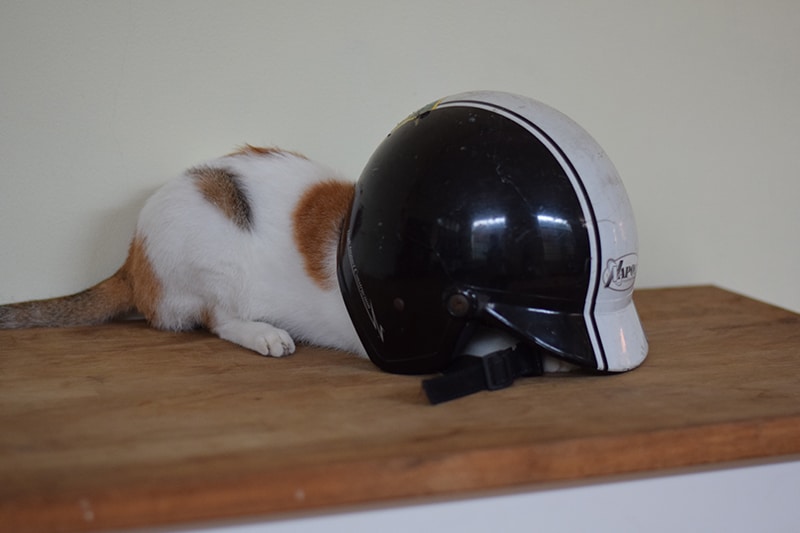ចុចត្រង់នេះដើម្បីអានអត្ថបទជាភាសាខ្មែរ។.
Moving to another country is exciting. Maybe you have a new job or are relocating for other reasons. There are countless things to think of, including your pets.
So what are the things to keep in mind, so that you and your beloved pet are not super stressed last minute, or even run the risk of being rejected at the airport or at arrival?
Where Can I Find The Correct Information?
Searching online on Google may seem like a good idea at first but please be aware! Many adopters report that they find contradicting information online. They get confused and stressed.
Instead of using search engines online, we recommend speaking with your vet or a clinic that has experience with relocating pets abroad. They will have the latest information, templates and know who to contact where.
When Should I Start With The Preparation?
Ideally, your pet has all vaccinations and health check-ups BEFORE you decide to move. Keep in mind that some vaccinations require various shots over the duration of a few weeks. Also, some paperwork and processes take several weeks.
We recommend that you begin these preparations ideally 6 months in advance of when you intend to move your pet.
However, many of the steps you can start as soon as you adopt a furry friend. Even you don’t know when or where you will move to yet. Starting early will save you a lot of stress. For example, the microchip and rabies test can be done well in advance and will be valid throughout the rest of the pet’s life as long as the booster vaccination is done within 365 days.
Most countries, who require a rabies test, require 1 rabies vaccination only. A few countries do require 2 rabies vaccinations, however (Japan for instance). Countries like the US and Canada, do not require a rabies test at all. A simple rabies vaccination certificate is sufficient.
Health
- Microchip your pet
- Research the required vaccines for your destination (via your trusted veterinary clinic)
- Document all vaccinations in a cat/dog vaccination record book
- Core vaccines for DOGS are canine parvovirus, distemper, and canine hepatitis. Some countries require a tapeworm treatment for dogs.
- Core vaccines for CATS include feline panleukopenia, feline calicivirus, feline rhinotracheitis (feline herpesvirus)
- Rabies vaccinations are essential and should always be up to date!
Papers & Transportation
- Directly consult the customs department of the country you are traveling to, in order to clarify the quarantine requirements for your pet cats and dogs.
- Consult with your airline directly regarding their transportation requirements. For example, some airlines only allow pets as “cargo” and not in the cabin as excess baggage.
- Make sure to get an airline-approved transportation box for your pet. Normally, cats and dogs are not sedated for a flight, as this increases the risk of heart and respiratory problems.
- To leave Cambodia with your pet, you need an export permit from the Ministry of Agriculture. The permit normally takes 5 working days to obtain. But it is recommended to apply 2 weeks before departure.
- For entering the EU and UK, you also need Annex IV – the third-country official vet certificate & declaration for the non-commercial movement of animals.
Consult your vet to ensure your pet is healthy and to get all the necessary documents. Our partner VSL Veterinary Clinic in Phnom Penh provides high-quality service and is experienced in preparing pet cats and dogs for relocation. Likewise, Siem Reap Veterinary Care is a reputable address for pet care and relocation.
If you are unsure or don’t have the time to deal with the logistics, Pet Services Cambodia offers an all-inclusive service. This includes organizing the flights, taking care of the paperwork, permits, and all your other pet relocation needs.
A Word On Quarantine
The good news is that in some regions like Europe the commonly referred to as “quarantine” is actually a 3 months waiting period. The animal has to stay in the country until the papers are valid but there is no restriction to a certain facility.
However, countries like Australia or New Zealand do have an actual quarantine. In this case, speak with your vet if it’s safe for your animal to go through this process and just go for it.

